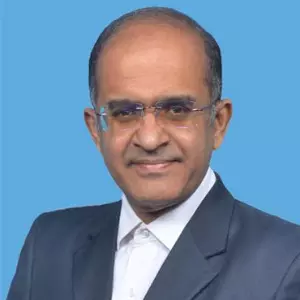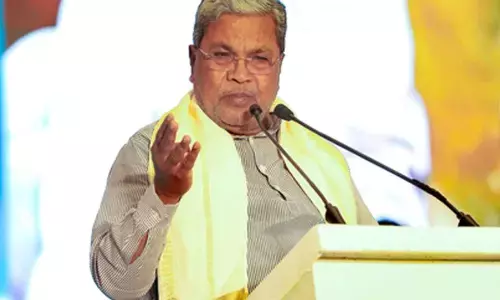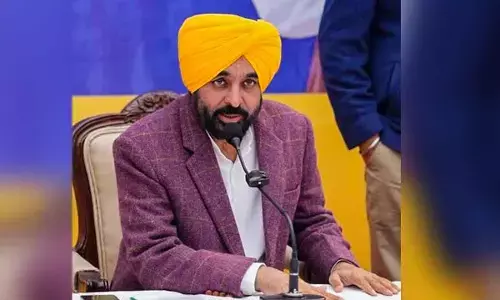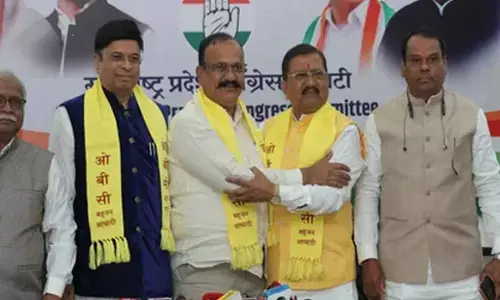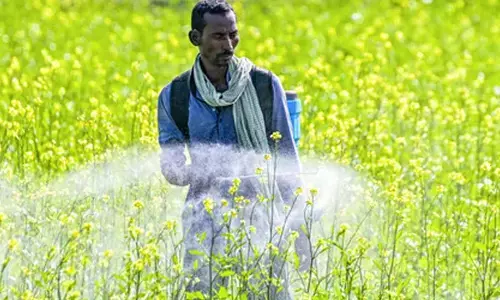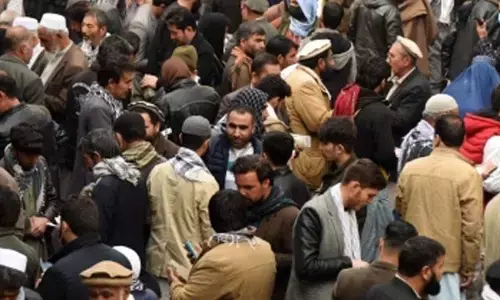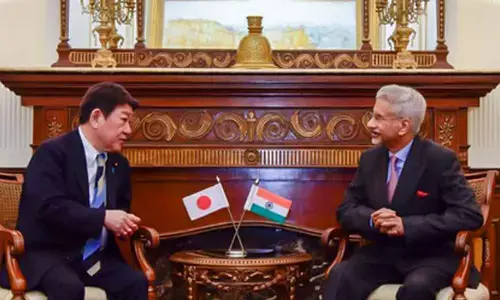Public policy needs better communication
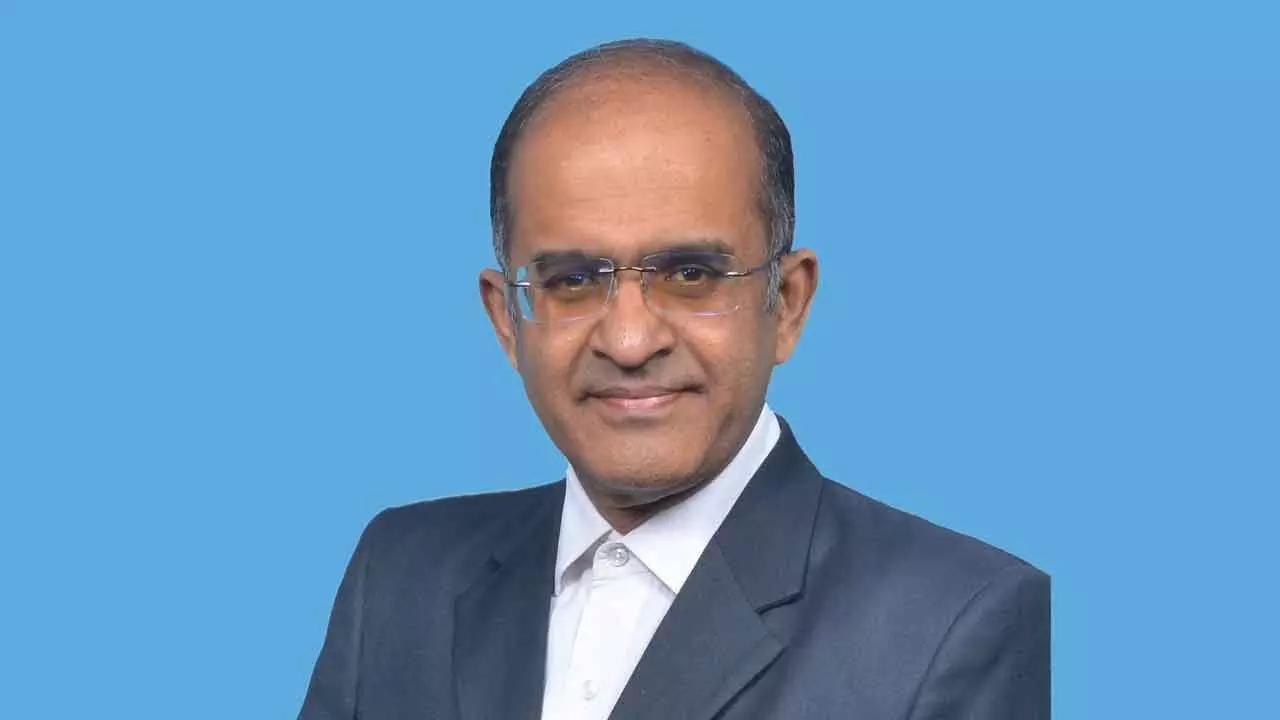
In a country as vast and diverse as India, a good policy is only as strong as how well people understand it. A government may create the most visionary plans, but if citizens do not know about them, misunderstand them, or feel left out, those policies are bound to fail. That is where public policy communication plays a life-changing role. When communication is clear, timely, and inclusive, it builds trust, gains public support, and makes citizens a part of the journey. But when it is vague, delayed, or one-sided, it leads to confusion, anger, and even protests.
Take for instance the recent Kancha Gachibowli land issue in Telangana. Many people, including settlers and buyers, were caught off guard due to lack of clarity and poor communication from authorities. Years of silence, followed by sudden notices and demolitions, created panic and loss. Had there been open dialogue, public engagement, and regular updates, the issue could have been managed more peacefully.
On the flip side, look at the success of India’s COVID-19 vaccination campaign. The government used TV, radio, social media, local influencers, and even mobile vans to educate and inform citizens. The result? Despite being a country of over a billion people, India pulled off one of the world’s biggest vaccination drives with public support.
Public policy is not just about laws, land, or large budgets - it is about people. And people deserve to know, understand, and participate in the decisions that shape their lives. Governments must treat communication not as an afterthought, but as a core part of governance.
When the message does not reach the people, even the best policies will collapse like a house built on sand. Let us take a closer look at why effective public policy communication truly matters
1. Connecting with Citizens
Public policy communication is the vital thread that connects governments with the people they serve. It enables citizens to understand government actions, policies, and intentions, while also allowing governments to hear the concerns, expectations, and feedback of the public. In a diverse country like India, where cultures, languages, and needs vary widely, this connection becomes even more essential. Clear and inclusive communication helps bridge the gap between authority and everyday citizens, making policies more people-centric and grounded. Ultimately, good policy is not just about good ideas - it is about making sure people understand, support, and benefit from them.
2. Implementing Policies
A policy, no matter how well-crafted, cannot succeed without clear and consistent communication. For any public policy to work on the ground, people must first understand what it means, how it affects them, and what actions they need to take. When people understand a policy, it also helps reduce fear, confusion, and misinformation. Moreover, communication is not just about informing - it is about engaging. Through open dialogue, governments can gather real-time feedback, identify gaps, and adapt their implementation strategies accordingly. This two-way process makes policies more practical, inclusive, and successful. In short, communication turns policy from paper to practice - from intention to impact.
3. Building Trust and Accountability
Trust is the foundation of any strong democracy, and communication is the key to building that trust. When governments are transparent, open, and timely in their communication, they show respect for citizens and invite them into the decision-making process. On the other hand, lack of communication leads to doubt, misinformation, and often resistance.
Simply put, transparency builds trust - and trust strengthens governance.
4. Addressing Societal Challenges
In a country as socially and economically diverse as India, addressing public challenges requires more than just good policies- it demands meaningful communication. Public policy communication gives voice to different communities, ensuring that no group is left unheard or ignored. When communication is consistent and inclusive, it transforms policy-making from a top-down exercise into a shared journey - one that leads to more just, balanced, and effective governance.
5. Improving Decision-Making
Good decisions require good information - and that begins with effective communication. Within the government, public policy communication plays a vital role in ensuring that ministers, officials, and departments stay informed, aligned, and responsive. When internal communication is strong, policies are more coherent, timely, and effective. Externally, clear communication with the public and stakeholders helps create a two-way flow of information. Public feedback provides valuable insights into how policies are received, where they may be falling short, and what improvements are needed. By using this feedback, governments can refine their approach and make decisions that are more grounded.
Conclusion
In a rapidly changing world, were information spreads instantly, the importance of public policy communication cannot be overstated. It is the bridge between government intentions and public action, between decisions and their real-world impact. Communication isn’t just about broadcasting policies; it is about creating a shared understanding, fostering trust, and empowering citizens to engage in the democratic process.
Conversely, poor communication can lead to confusion, resistance, and the failure of even the best-laid plans. As India continues to grow, the need for effective public policy communication becomes even more critical. It is the key to addressing societal challenges, improving decision-making, and ensuring governance that is truly of, by, and for the people. In the end, communication is not just a tool - it is the heart of good governance.
(Writer is an Assistant General Manager - Corporate Communication at Sai Wardha Power Generation Private Limited & Post Doctoral Fellow in Media)

